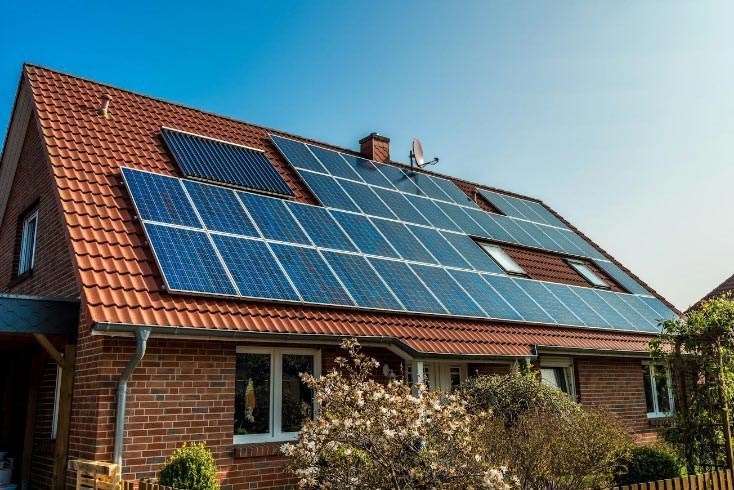Rising electricity costs have recently become a pain in the neck for Phoenix residents. Today, residents spend an average of 11.96¢/kWh, which is higher than the state average. Although the cost might not seem like much every month, your annual spending will make your jaw drop. Therefore, why keep spending a fortune on energy needs when you can offset electricity bills with a solar panel system?
Today, you stand to save a lot of money with a solar system, especially given the high intensity and amount of sunlight hours in Phoenix, AZ. However, before installing a solar panel system, here are a few interesting facts to remember.

The primary objective of installing a solar panel system is to cut electricity costs and save money. In fact, you are likely to receive a $0 bill if your solar system meets all your electricity needs. The cost saving is a reprieve, especially in summer when electricity bills increase because of air conditioning.
However, did you know you can also earn money through a solar system? You heard right. Phoenix provides plenty of sunshine with vast, open skies on most days, making it ideal for solar power. Therefore, you can sell surplus energy back to the state under Arizona’s net billing program. As a result, you can earn money without lifting a finger.
Generally, you can save money on your electricity bills by installing solar panels. However, such savings are not as straightforward as most people think, especially if you rely on a solar panel and the grid system for your electricity needs. Therefore, you must be strategic when using both options.
Understanding the time-of-use electricity rates model is crucial if you want to save a lot of money with a solar panel system. Under the model, homeowners pay more when the cost of generation and demand is high and vice-versa. For example, electricity consumption costs more on a hot summer afternoon than in the middle of the night.
Running appliances using power from a solar panel system during the hours when on-grid electricity rates are high will save you a lot of money.
Most homeowners are unaware that solar batteries qualify for a federal tax credit. You may think that you can install solar panels and ignore the battery. While you do not need a battery to use a solar panel system, the advantages of backing up solar energy are worth considering.
One of the most significant advantages is that you can qualify for a 26% federal tax credit on a solar battery if you pair the cell with an existing solar panel system. However, federal tax credit applies on solar batteries if the devices are charged from a solar panel and not the power grid. You must install a battery within a year of a solar panel installation to qualify for the federal tax credit.
When you look at the huge solar panel systems on private properties, you might think they are all off-grid systems. However, residential solar panels can also be connected to a regional power grid system. The option allows you to choose what best suits your solar power needs.
One significant difference between an on-grid and an off-grid system is that the former stores energy in the grid while the latter requires a battery. The best thing to do is engage a service provider for recommendations on the most suitable solar power system.
The fact that you can charge an electric vehicle (EV) using solar energy flies under the radar despite the growing popularity of EVs amongst homeowners, which is surprising. Charging an EV using power from the grid system is expensive, increasing peak demand. By charging your EV from your own stored solar-generated electricity, you circumvent this expense.
Solar energy is here to stay; therefore, waiting longer than necessary to install a solar panel system means messing out on significant savings. Get started today with our free solar consultation.